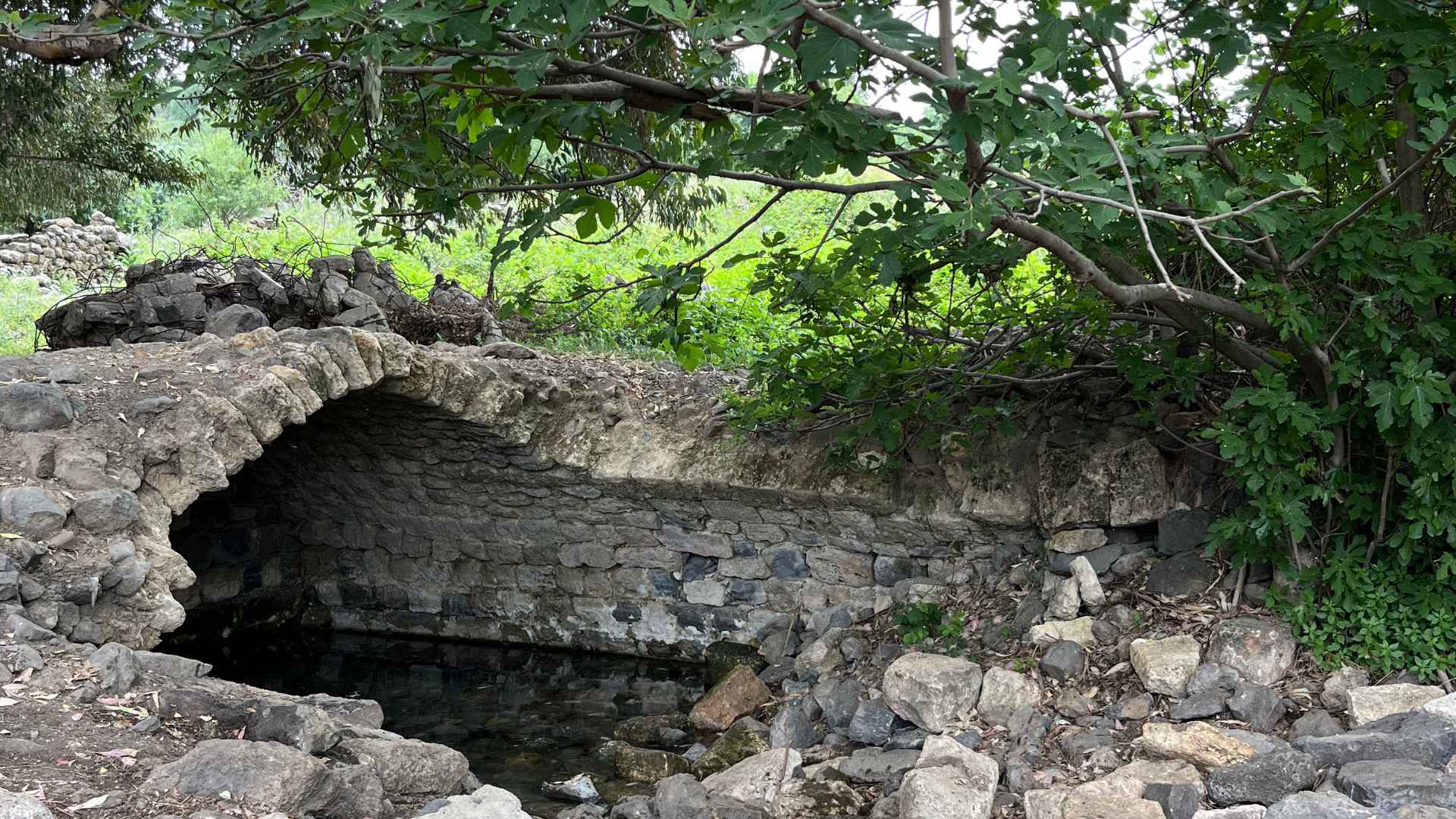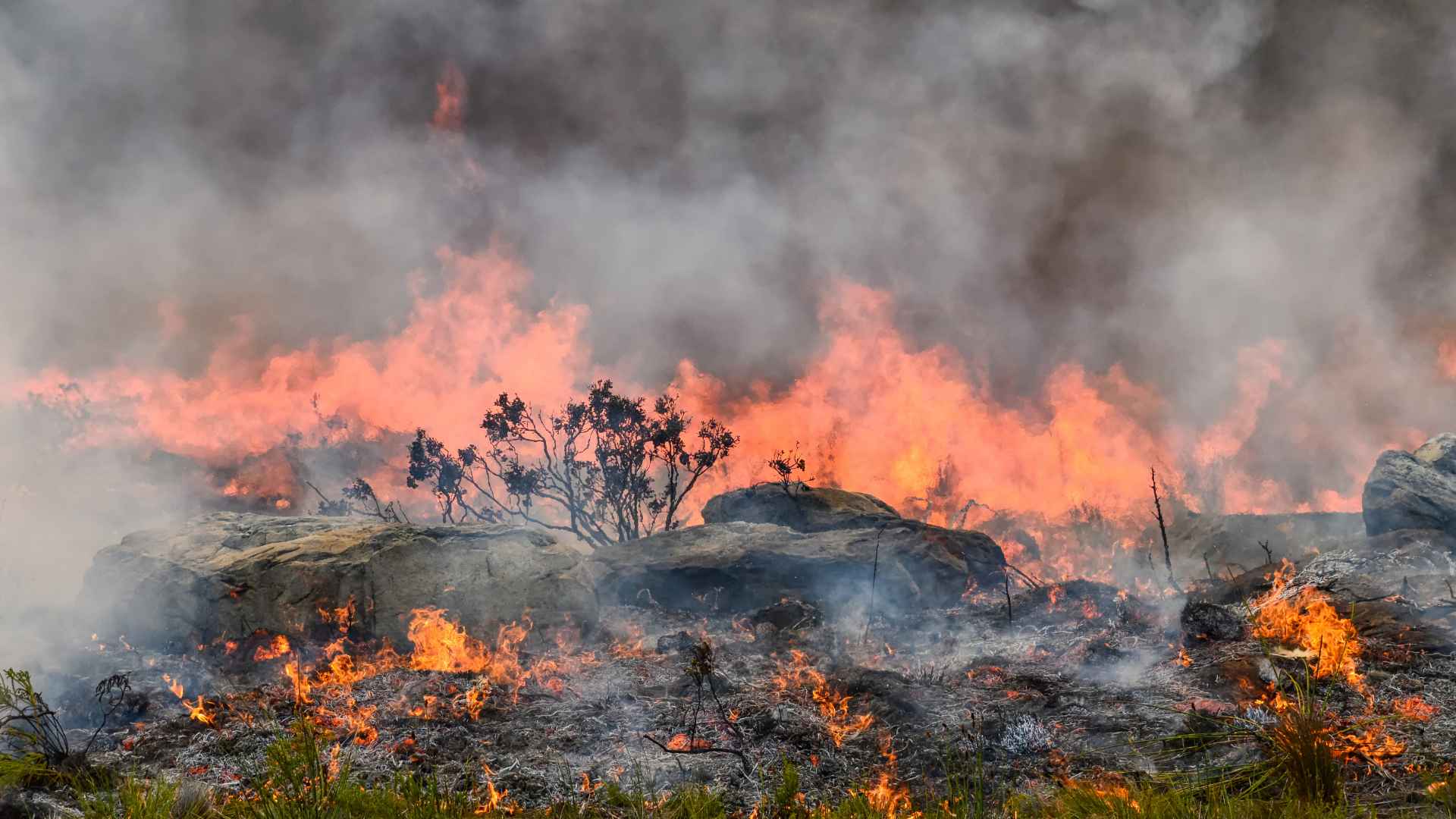State Comptroller excoriates the government for functional stagnation on responding to climate threats
Successive governments of the last 15 years have made frequent statements and even formal Government Decisions but to no avail, despite Israel’s rating as a climate “hot spot”, warming up faster than the world average. As such, it should be leading fellow OECD member countries on climate legislation, preparedness and adaption, rather than lagging behind. This is why Adam Teva V’Din, Israel’s environmental watchdog, works constantly to promote comprehensive climate legislation with ambitious goals.
Amit Bracha, CEO of Adam Teva V’Din explained,
“Without proactive and comprehensive regulation, Israel is drifting away from the developed world and becoming a developing country.”

In October 2021, Israel’s State Comptroller Matanyahu Englman published his first special report on the climate crisis and related environmental issues. A comprehensive follow-up report published in March 2024 showed that most of the audit findings were only partially corrected or not corrected at all.
“Over the last 16 years, nearly fifty Government Decisions addressing the challenges of climate change were declared but without any measurable progress towards advancing national climate objectives,” Englman wrote.
The Comptroller’s list of fundamental government failures that demonstrate functional stagnation:
- No leading government body with decision-making authority. A central governmental body that is committed to achieving the State’s goals is vitally needed to ensure that preparation for climate change is carried out across government ministries.
- No climate law. Israel has no climate legislation obliging ministries into real action. The report does note that the government began to promote a new climate law, though it lacks binding goals. (See our response to this bill from Sept 2023 here)
- No carbon tax. This is a financial tool to make visible the hidden social costs of carbon emission by imposing a tax on carbon emissions from producing goods and services. It aims to decrease greenhouse gas emissions by increasing the cost of using fossil fuels. This delay may harm the competitiveness of Israeli exports to Europe, for example, where the European Union will levy a carbon tax on imports from countries that do not have a carbon tax.
- Lack of investment in the electricity grid. Israel is falling behind its own targets for electricity generation through renewable energies and is still reliant on coal. Due to a global shortage in coal, Israel has increased is use of high-sulfur coal which has led to even greater pollution and emissions. Israel is also trailing in introducing electric vehicles.
- No government risk management. Israel has no Climate Adaption plan. To best prepare for climate crisis a comprehensive plan is needed yet the majority of ministries and public bodies shared that they lack an approved budget for adaptation plans for climate change.
- No allocated budgetary framework for climate crisis. The national budget must reflect the need for ministerial planning and action regarding climate crisis. Without budgets, ministries do not have the means to promote or begin the plans they need to create. Specific criticism was directed towards the Finance Ministry for its continued adherence to the anachronistic concept that the climate crisis is an environmental problem instead of a national economic crisis.
Adam Teva V’Din’s director pointed out that the current war is a wake-up call to the government to stop its negligence in dealing with the climate crisis. “The climate crisis is Israel’s existential war, and the fact that there is no legislation, no policy, and no preparedness is leading Israel to becoming a third-world country with high morbidity, poverty and death”.
He continued, “This report reinforces our commitment as the country’s environmental watchdog to see that Israel has the strongest and most ambitious climate law.”





